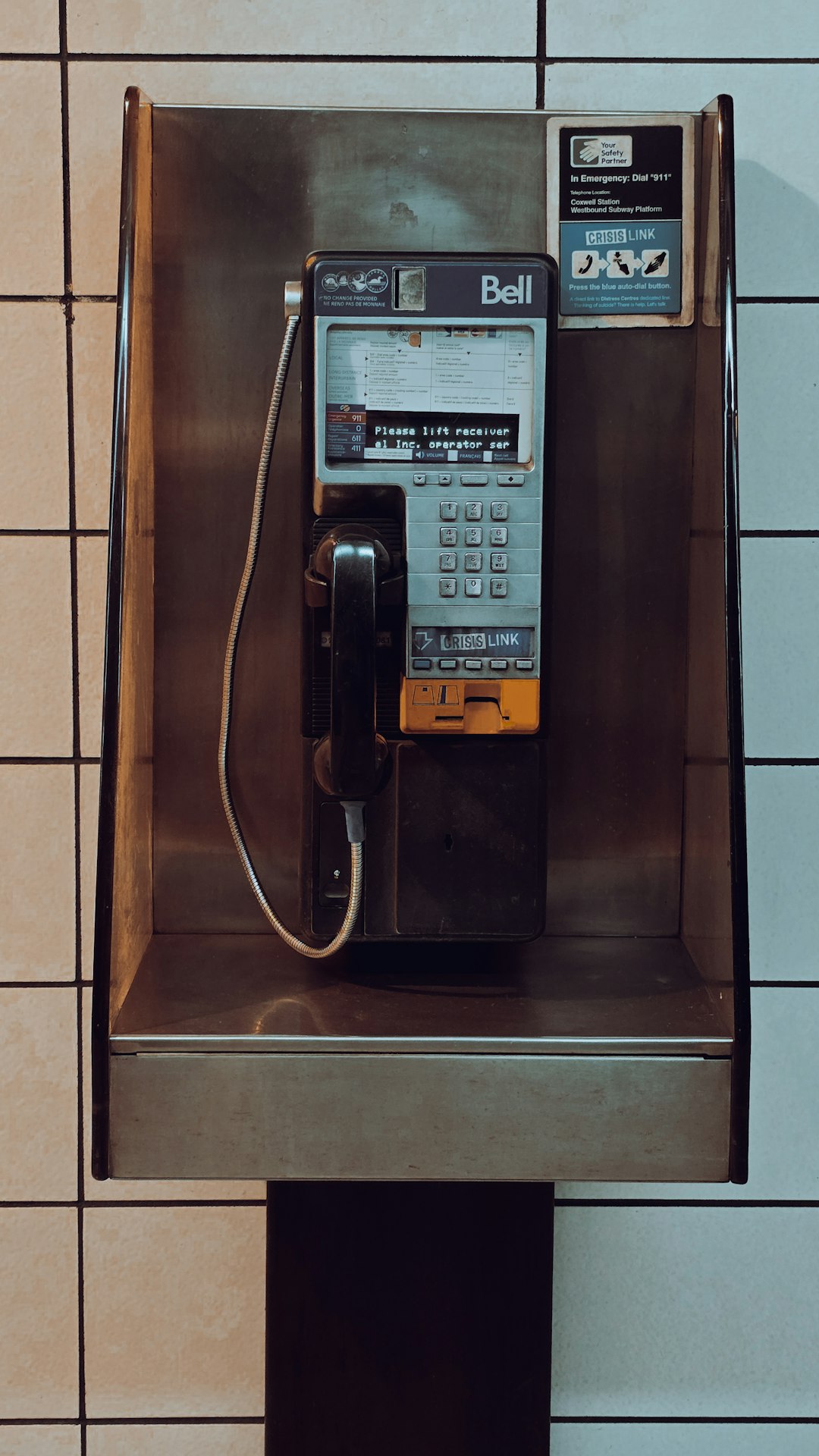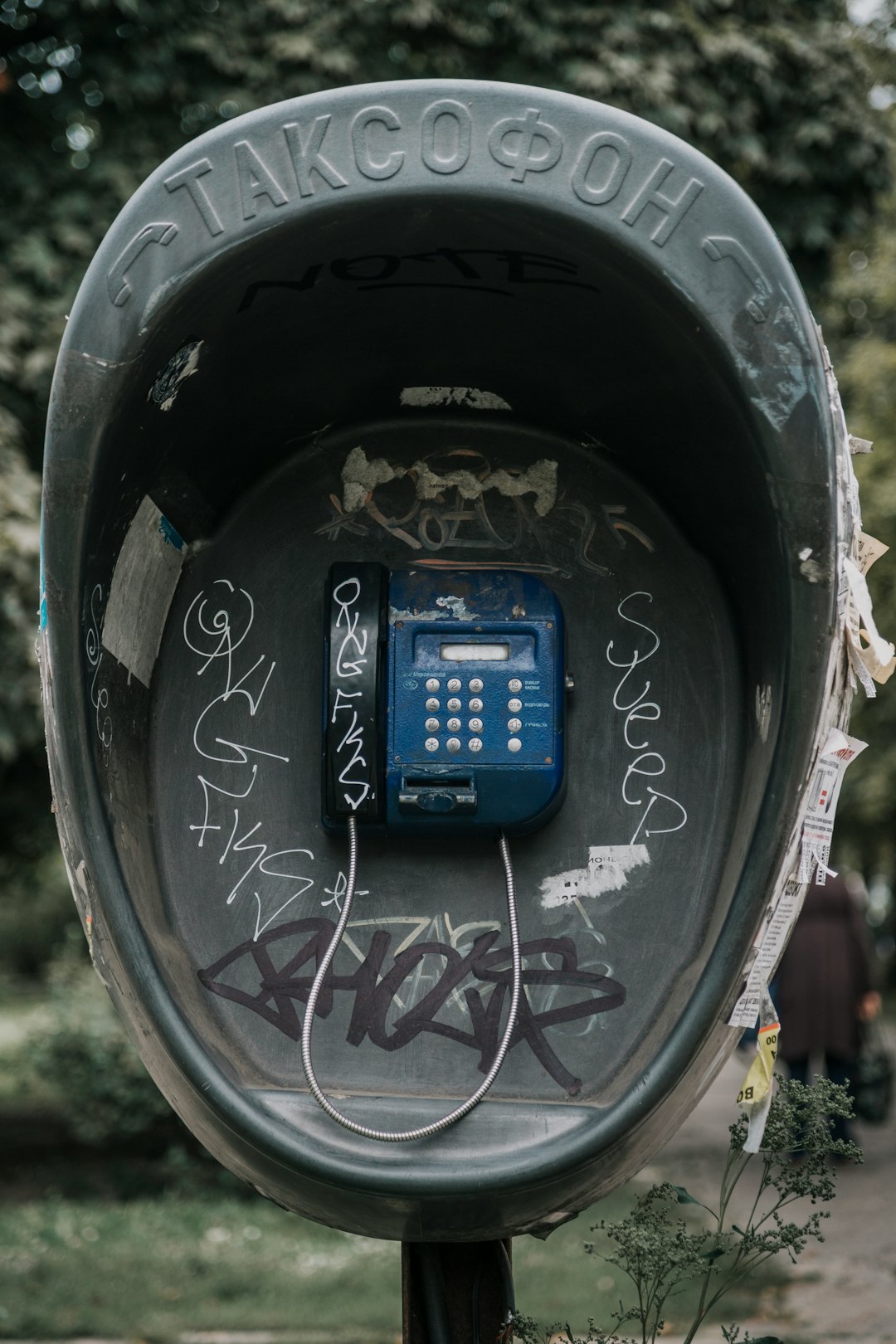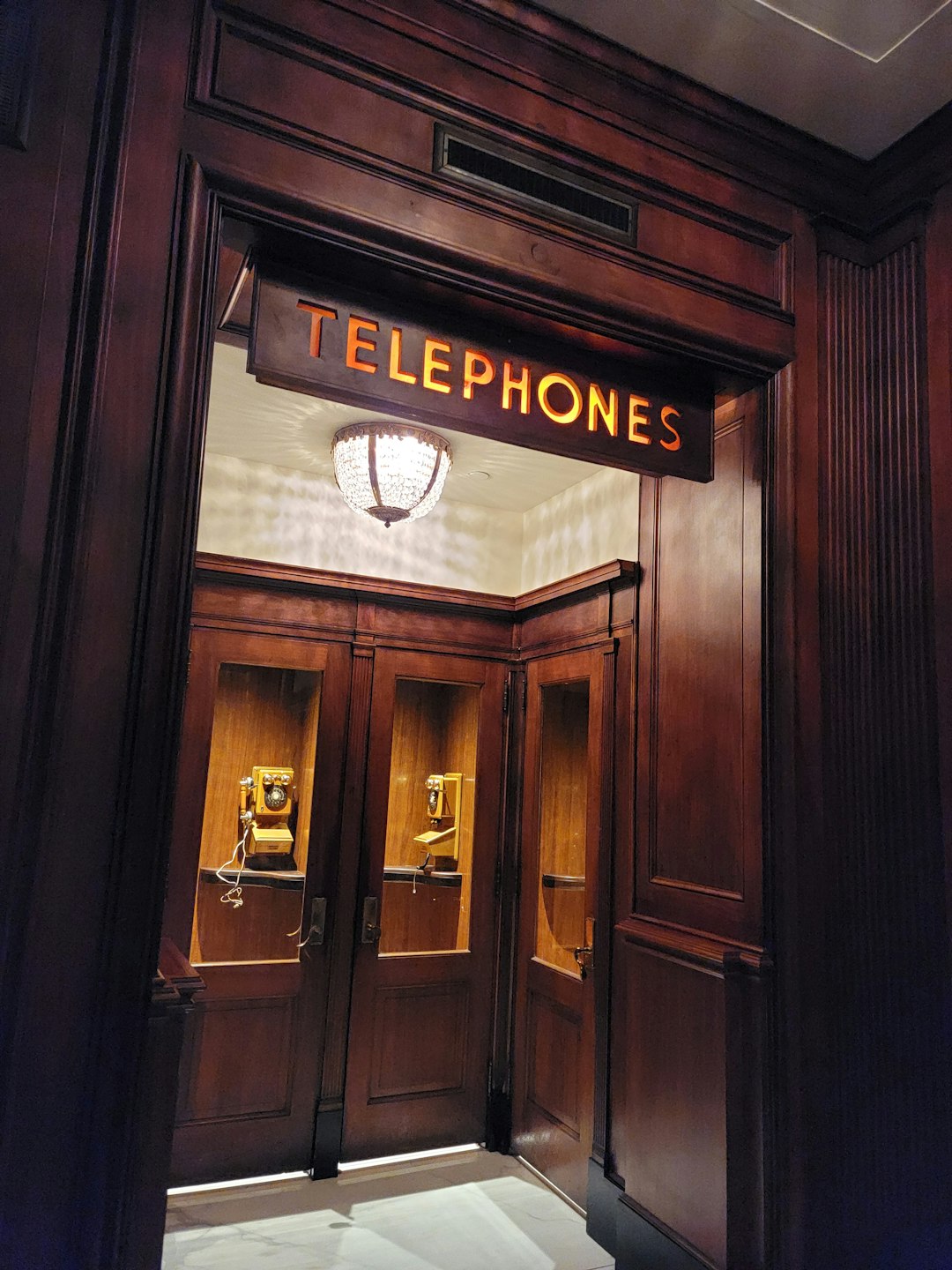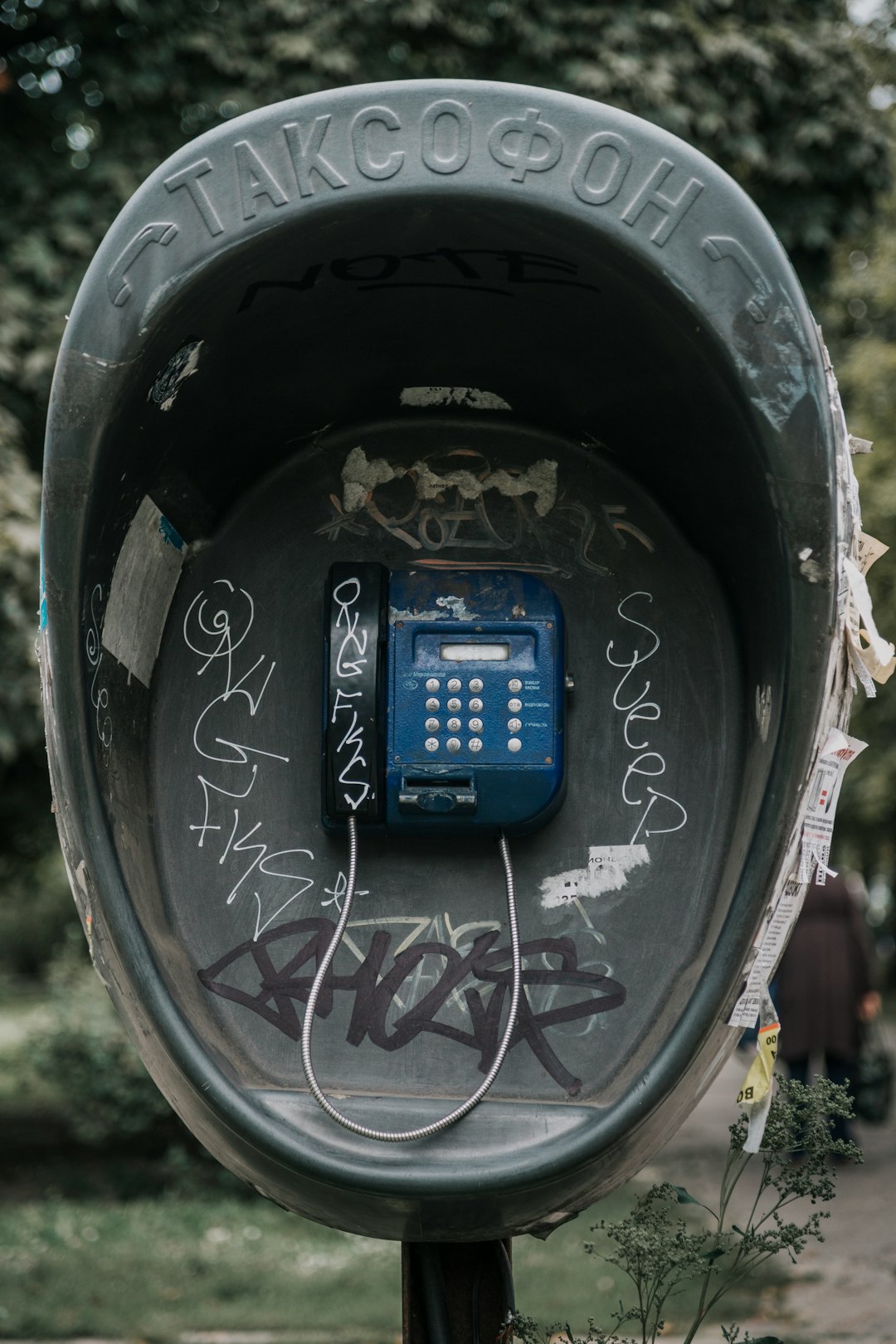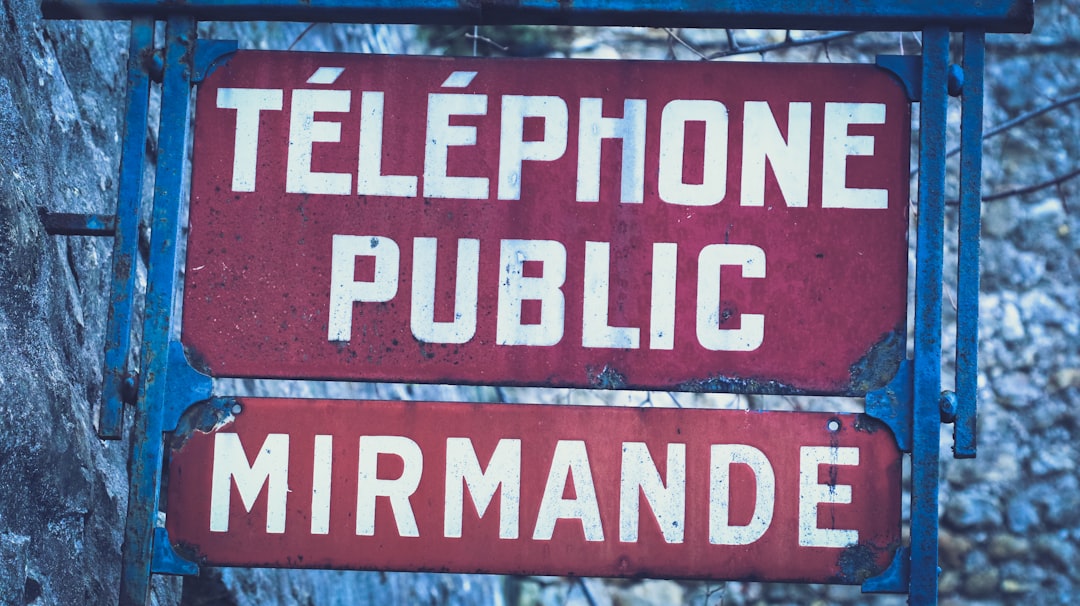Connecticut residents are protected from unwanted robocalls and spam texts by state and federal laws, including the TCPA and CGS § 42-136a et seq., § 52-70b. The Do Not Call Registry offers some protection, but specialized robocall lawyers and spam call law firms provide tailored advice and legal action against violators. These firms, focusing on consumer protection and privacy laws, help residents reclaim their privacy through blocking apps, software, and legal advocacy. Registering with the National Do Not Call Registry and consulting qualified attorneys are key steps in combating these intrusions.
“In the digital age, Connecticut residents often face the nuisance of robocalls and spam text messages, leaving many seeking solutions to this persistent problem. Understanding your rights under Connecticut’s robocall laws is the first step. This comprehensive guide explores effective strategies to combat unwanted calls and messages, from legal protections offered by a robust Do Not Call Registry to choosing the right robocall lawyer or spam call law firm. Discover how to navigate the legal landscape, manage lists, and employ tactics to reduce these intrusions.”
Understanding Robocalls and Spam Texts in Connecticut

In today’s digital age, Connecticut residents, like many others across the nation, face an increasing influx of unwanted and invasive robocalls and spam text messages. These automated communication tactics are often used for telemarketing, political campaigns, or fraudulent schemes, causing significant frustration and distress among recipients. Robocalls and spam texts have become a pervasive issue, prompting many to seek legal recourse against these persistent intruders.
Connecticut has established laws to combat this growing problem. The Connecticut General Statutes (CGS) § 42-136a et seq. specifically addresses robocalls and automated communication systems, prohibiting the use of prerecorded messages or artificial voices for telemarketing purposes without prior express consent from the caller. Additionally, the CGS § 52-70b governs the sending of unsolicited commercial text messages, also known as spam texts, offering recipients protection against unwanted messaging. Those who engage in such practices may face legal action from a robocall lawyer or spam call attorney in Connecticut, ensuring that residents’ privacy and peace of mind are preserved.
Legal Protections Against Unwanted Calls and Messages

In Connecticut, both state and federal laws protect residents from unwanted robocalls and spam text messages. The Telephone Consumer Protection Act (TCPA) is a federal law that restricts automatic telephone dialing systems and prerecorded messages, offering substantial penalties for violators. On a state level, Connecticut’s Do Not Call Law prohibits businesses and organizations from making telemarketing calls to individuals who have registered their numbers on the state’s Do Not Call list.
If you’ve been a victim of persistent robocalls or spam texts, consulting with a robocall lawyer in Connecticut or a spam call law firm in Connecticut can be beneficial. These legal professionals specialize in navigating the complexities of robocall laws in Connecticut and can help you understand your rights and take appropriate action against violators. They can also represent you if you need to file a lawsuit under the TCPA or related state laws, ensuring that you receive the compensation you’re entitled to for invasion of privacy and other damages caused by unwanted calls and messages.
Choosing the Right Lawyer for Robocall and Spam Cases
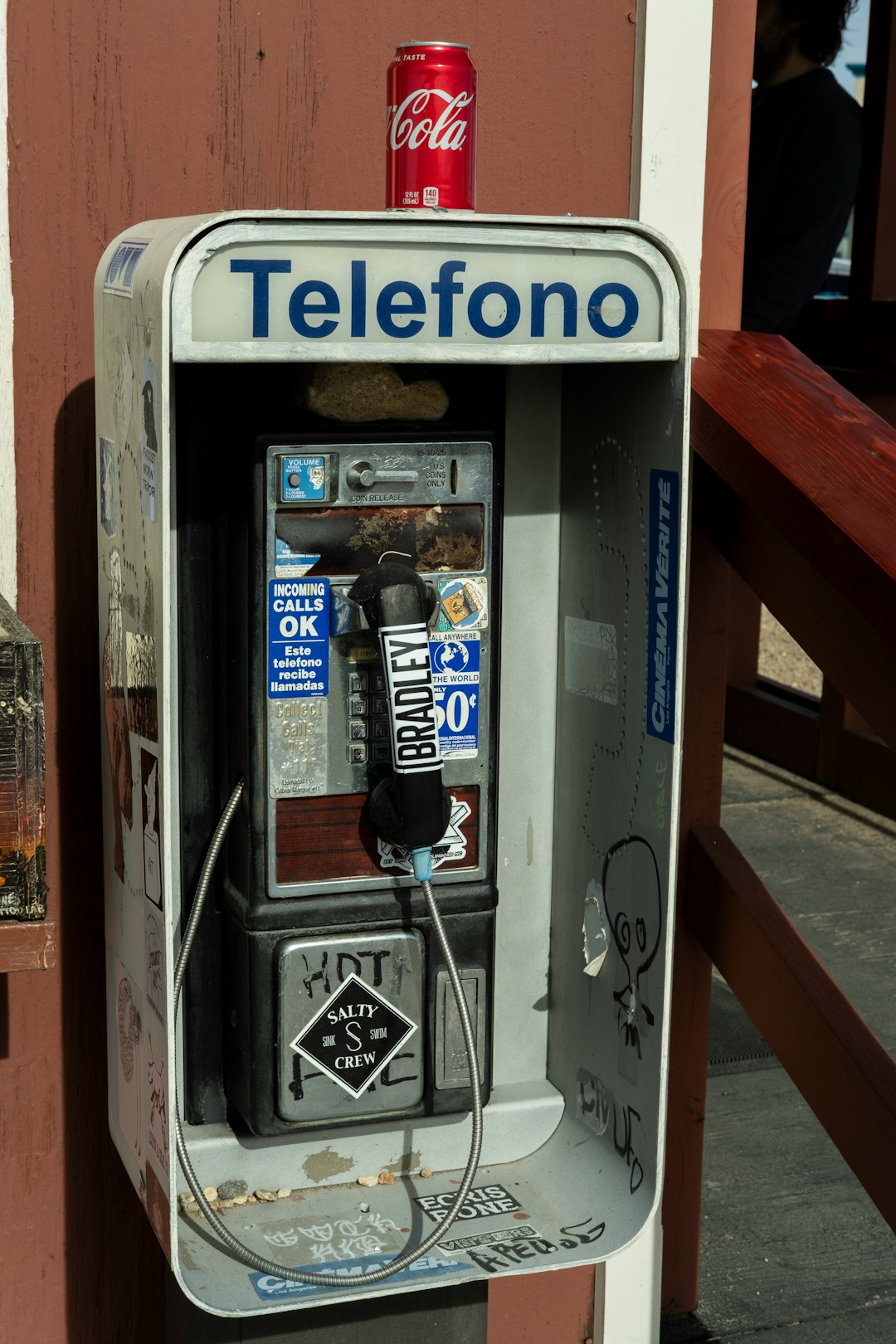
When navigating legal options against robocalls and spam texts in Connecticut, selecting the appropriate attorney is a critical step. It’s essential to find a robocall lawyer or spam call law firm in Connecticut that specializes in this area. Look for attorneys with a proven track record of successfully handling similar cases under the state’s do not call laws and robocall laws. Experience matters, especially when dealing with complex legal issues surrounding unwanted communication methods.
Consider firms focusing on consumer protection and privacy law, as these areas often overlap with robocall and spam cases. A well-versed robocall lawyer in Connecticut will understand the intricacies of these laws, such as the TCPA (Telecommunications Consumer Protection Act), and can effectively represent your interests against violators. Ensure the attorney or firm you choose has a clear understanding of the latest legal developments and technological advancements related to robocalls and spam texts to provide the best possible representation.
Do Not Call Registry and List Management in CT

In Connecticut, residents have a powerful tool in their fight against robocalls and spam text messages – the Do Not Call Registry. This state-mandated registry allows individuals to opt-out of receiving unsolicited sales or marketing calls, including those from robocall lawyers or attorneys. By registering, Connecticut folks can expect a significant reduction in intrusive phone calls and texts.
List management plays a crucial role in this process. Law firms specializing in robocall lawsuits, such as those offering spam call law services in Connecticut, adhere to strict list management practices. They employ advanced technologies to ensure their communications comply with state laws, including the Do Not Call Registry. This means that if you’ve registered and are still receiving unwanted calls or texts from a particular firm, it may be a violation of both state and federal robocall laws, providing grounds for legal action against the offending party.
Effective Strategies to Stop Annoying Robocalls and Texts

In the face of relentless robocalls and spam texts, Connecticut residents now have a range of effective strategies to reclaim their privacy. A robust first step is to register for the National Do Not Call Registry, which, while primarily focused on telephone calls, can still provide some protection against certain types of unwanted texts. Many consumers also turn to dedicated robocall lawyer or spam call law firm Connecticut services that specialize in navigating complex robocall laws and representing individuals whose rights have been violated. These legal professionals can offer tailored advice, helping clients understand their options for seeking damages or blocking future communications from persistent spammer operations.
Additionally, several reputable robocall lawyers in Connecticut suggest using approved blocking apps and software designed to identify and filter out fraudulent or unwanted calls and messages. By combining these technological solutions with legal advocacy, Connecticut residents can better protect themselves against intrusive robocalls and texts. For instance, a lawyer for unwanted texts in Connecticut may assist in pursuing claims under the state’s Do Not Call laws, ensuring that businesses adhere to regulations designed to prevent harassment from automated communication channels.
